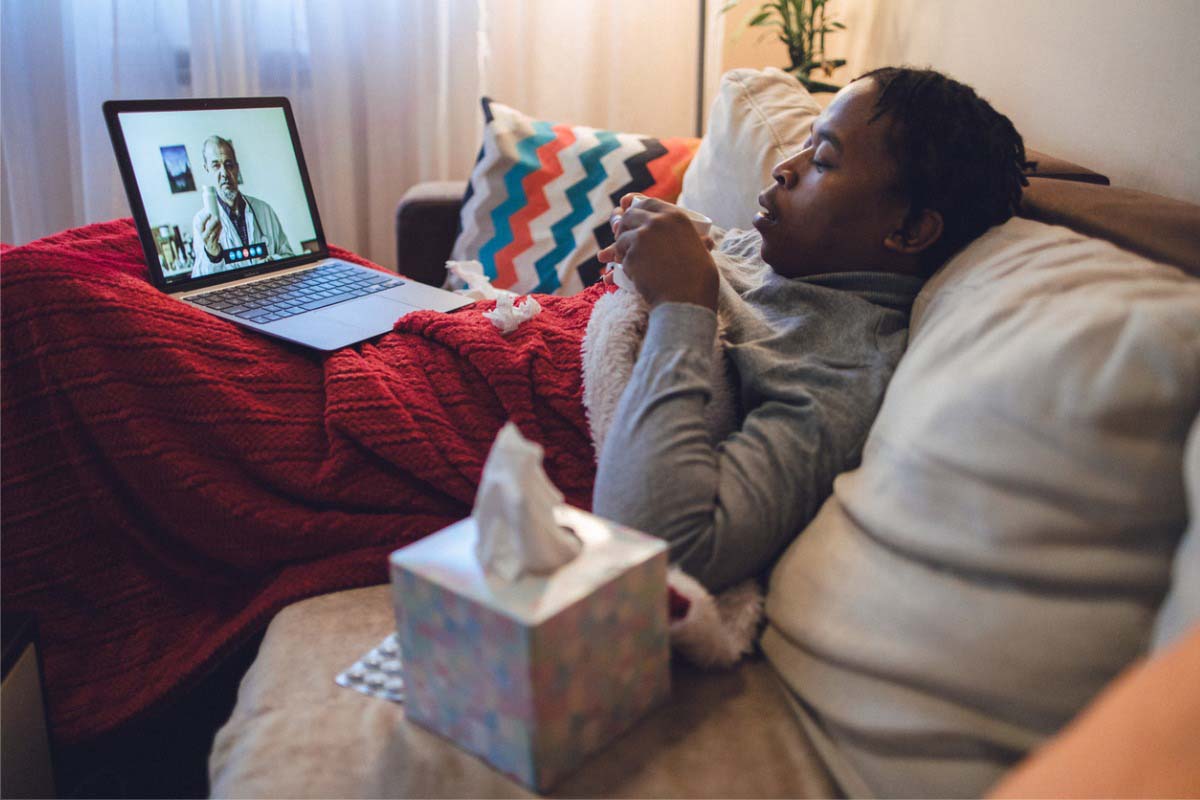Objective: Patient treatment preference may moderate treatment effect in major depressive disorder (MDD) studies. Little research has addressed preference in posttraumatic stress disorder (PTSD); almost none has assessed actual patients’ PTSD psychotherapy preferences. From a 14-week trial of chronic PTSD comparing prolonged exposure, relaxation therapy, and interpersonal psychotherapy, we report treatment preferences of the 110 randomized patients, explore preference correlates, and assess effects on treatment outcome.
Method: Patients recruited between 2008 and 2013 with chronic DSM-IV PTSD (Clinician-Administered PTSD Scale [CAPS] score ≥ 50) received balanced, scripted psychotherapy descriptions prerandomization and indicated their preferences. Analyses assessed relationships of treatment attitudes to demographic and clinical factors. We hypothesized that patients randomized to preferred treatments would have better outcomes, and to unwanted treatment worse outcomes.
Results: Eighty-seven patients (79%) voiced treatment preferences or disinclinations: 29 (26%) preferred prolonged exposure, 29 (26%) preferred relaxation therapy, and 56 (50%) preferred interpersonal psychotherapy (Cochran Q = 18.46, P < .001), whereas 29 (26%) were disinclined to prolonged exposure, 18 (16%) to relaxation therapy, and 3 (3%) to interpersonal psychotherapy (Cochran Q = 22.71, P < .001). Several baseline clinical variables correlated with treatment preferences. Overall, treatment preference/disinclination did not predict change in CAPS score, treatment response, or dropout. Comorbidly depressed patients receiving unwanted treatment had worse final CAPS scores.
Conclusion: These exploratory findings are the first relating patients’ PTSD psychotherapy preferences to outcome. Despite explanations emphasizing prolonged exposure’s greater empirical support, patients significantly preferred interpersonal psychotherapy. Preference subtly affected psychotherapy outcome; depression appeared an important moderator of the effect of unwanted treatment on outcome. Potential biases to avoid in future research are discussed.
Trial Registration: ClinicalTrials.gov identifier: NCT00739765
Continue Reading...
Members enjoy unlimited free PDF downloads as part of their subscription! Subscribe today for instant access to this article and our entire library in your preferred format. Alternatively, you can purchase the PDF of this article individually.
Please sign in or purchase this PDF for $40.00.
Save
Cite
Already a member? Login



